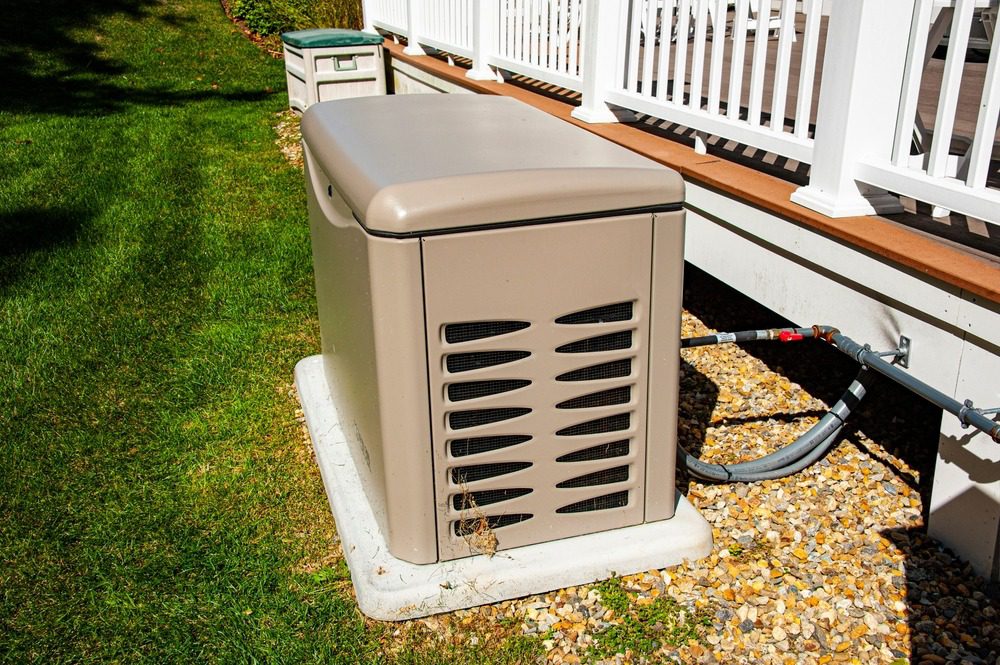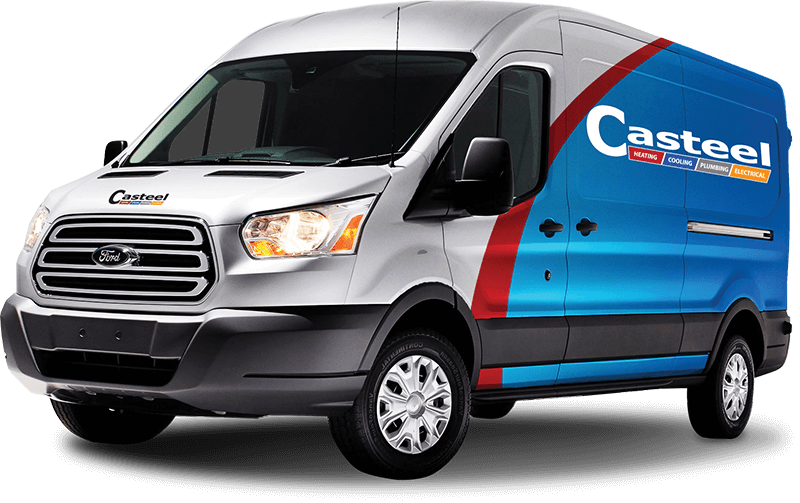
Electricity runs almost everything nowadays, making a power outage inconvenient and disruptive to daily life. A typical American household experiences 1 to 2 power outages annually, each lasting around 3 hours. While this may seem rare, some regions may experience more frequent and extended power outages due to extreme weather conditions or other issues. To help you prepare for an emergency situation, we have created a guide to make it easier to choose a correct size generator to run your house during a power outage.
Factors to Consider When Choosing a Generator
Power outages lasting for days or weeks can cause significant inconvenience and expense for homeowners. Food in refrigerators can spoil, cooking becomes difficult, and devices can’t be charged. Your pipes can freeze, leading to water damage, and walls can become moldy, not to mention the loss of entertainment and productivity. It is also crucial for homes that maintain medical equipment or have livestock to care for.
This is why it is imperative for residents living in areas that frequently experience power outages or those who need constant access to electricity to have a backup power source. A standby generator can ensure peace of mind during emergencies and allow homeowners to continue their daily lives with minimal interruption.
Power outages can disrupt daily life, so a backup power generator is an essential investment for homeowners. However, choosing the correct number of watts a generator needs can be overwhelming due to the variety of options available in the market. Here are some crucial factors to consider when selecting a backup power generator:
1. Frequency of Power Outages
Homeowners living in areas that frequently experience power outages will need a sturdy generator that can immediately power their homes during a power outage.
A standby or large inverter generator that can connect to the circuit breaker panel in a home is most suitable for such households. Meanwhile, those who experience power outages occasionally or rarely can opt for a portable, mid-sized, or recreational generator.
Read More: 7 Different Styles of Chandeliers and How to Choose
2. Wattage
How many watts does a generator need to run a house? Different generators can accommodate different wattage levels, making it crucial to compute the wattage that the appliances in your home will consume. It’s best to consult a licensed electrician to ensure accurate calculations of wattage needs.

What Size Is Required to Run a House?
The size of a backup power generator needed to power a house depends on your power needs. Some homes may require more power usage and appliances during a power outage, while others may only need a few running. A generator that can provide between 5,000 and 8,000 watts would be enough to power a typical house.
With this generator size, homeowners can expect to power essential appliances such as the air conditioner, sump pump, refrigerator, laptop, TV, and light bulbs.
Importance of Installing the Correct Size Generator
Getting the right size backup power generator is crucial in ensuring your power needs are met during an outage. Choosing a generator that is too small can result in power failure and damage to the unit. On the other hand, a generator that is too big can be wasteful and not cost-effective.
Having the right size generator also ensures that your investment will pay off, as generators can last long with proper maintenance. It also ensures your safety by preventing short circuits and fires and protecting your appliances from damage. The right size generator for your house can also help keep you and your family comfortable during a power outage, avoiding heat stroke and other health hazards.
For those living in disaster-prone areas or who require constant electricity, a home standby, large inverter, or portable generator may be necessary to accommodate power needs during emergencies. Consulting a trusted electrician before purchasing a generator is always recommended to ensure the proper size generator is chosen for the specific needs of your household.
Read More: 3 Different Types of Track Lights for Homes and Ways to Choose
What Is Wattage?
We mentioned wattage earlier, but it’s worth mentioning again as it is the main deciding factor on which generator you need. The wattage of a generator is the measure of how much electricity it can produce in an hour. It is expressed in watts (W) and can be calculated by multiplying the volts (V) and amps (A).
Generators typically range from under 1,000W to more than 500,000W and are used to power various appliances. When deciding on the generator size needed, you must consider the wattage required by your refrigerator, air conditioner, and other appliances.
Reasons to Purchase a Whole-House Generator
A whole-house generator can power an entire home, not just a few appliances. Knowing that all electronics, lights, or medical equipment will stay powered during an outage offers peace of mind. Whole-house generators come in various sizes and usually can provide more power than the average home requires.
Frequent Power Outages
Frequent power outages are another reason some homeowners invest in a whole-house generator. Those located in areas prone to extreme weather or other disasters may need extra protection to ensure their family and home are safe. A whole-house generator can provide a reliable backup power source that ensures safety during a power outage.
Occasional Outages
For those with medical equipment such as oxygen tanks, investing in a whole-house generator will keep your loved ones safe even if you are not home. You will not have to start it up manually, and your loved ones will still have access to other appliances that will help make them comfortable.
Rare Power Outages
Rare power outages can happen at any time, and depending on the severity of the outage, having a generator could be necessary. In this case, investing in a more significant home standby generator may be the best option. Not only will it provide power to essential household items, but it will also save time and energy by not having to start a generator manually.

Whole-House Generator Installation and Repair Services
A backup power generator is essential for homeowners, especially those living in areas that frequently experience power outages or require constant access to electricity. Choosing the right size generator and ensuring proper installation and maintenance is crucial in ensuring safety, cost-effectiveness, and comfort during power outages.
Our team of emergency electricians in Newnan, GA offer comprehensive whole-home-generator installation and repair services for homeowners. Our maintenance services include replacing spark plugs, changing oil and air filters, visual inspection of components, battery testing, and checking for proper operation of both the generator and automatic transfer switch.
Our skilled technicians also offer other types of electrical services including wiring replacement, electric vehicle charger installation, ceiling fan repair, and electrical panel upgrades. Give our professional electricians a call at (770) 852-8504 to receive assistance choosing a standby generator for your house.



